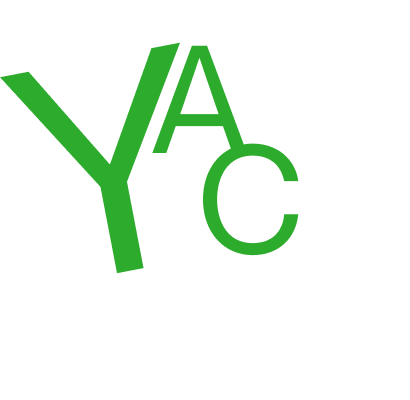Bahar Noorizadeh
Interview by David McLeavy
-
Published in July 2020
-
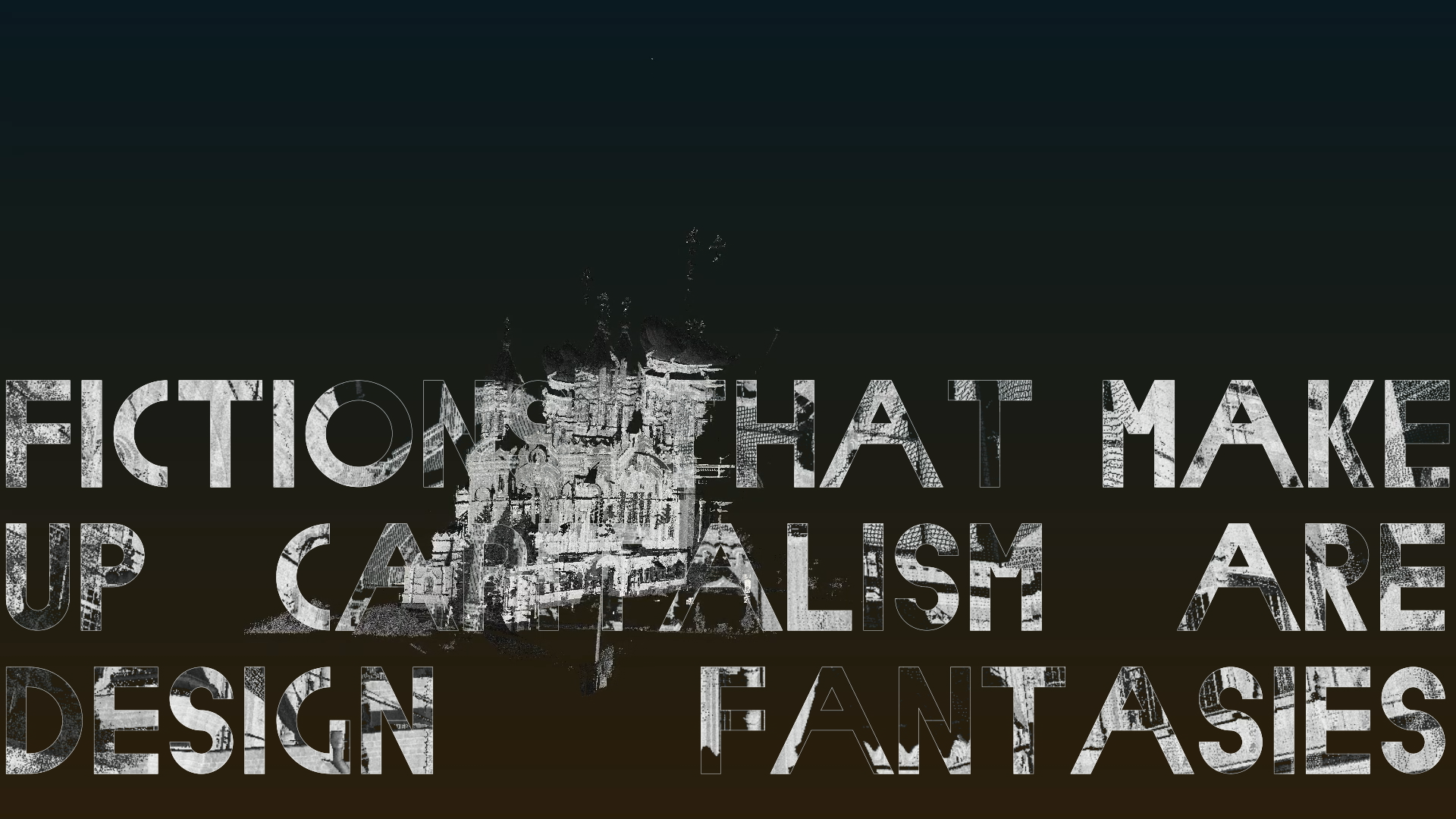
After Scarcity (film still), 2018
I first came across your work late last year having seen After Scarcity, a sci-fi essay film you made that tracks Soviet cyberneticians between the 1950s – 1980s and their attempt to build a fully-automated planned economy. I wondered if you could talk a little more about the journey that led you to making After Scarcity and how it fits with your broader interests?
A few years ago I was working on a project with a friend in Beirut, Ghalya Saadawi, which was essentially about designing a protocol to formulate and regulate the mass of informal and often nepotistic relationships that constitute the field of contemporary art. Obviously there’s been a long history of unionizing and organizing art workers in different locales, but what we were trying to ask was if we are to take “contemporary art” as by definition the art of globalization--and so its participants as a jetset cultural class--how could we design a protocol that covers this large transnational scale. Because a contemporary artist travels between New York and Berlin and Hong Kong within a month, the terms of participation and engagement with local institutions can’t be independent from one another, yet contracts (if any) function only within the jurisdiction of the country of their origin. This is where I became interested in the question of global governance and started to look into precedents for large-scale governance. One of these contingent histories that many recently have focused on is the story of cybernetics developments in the Soviet Union and how these cyberneticians attempted to build a computer infrastructure to support and facilitate the centralized economy.
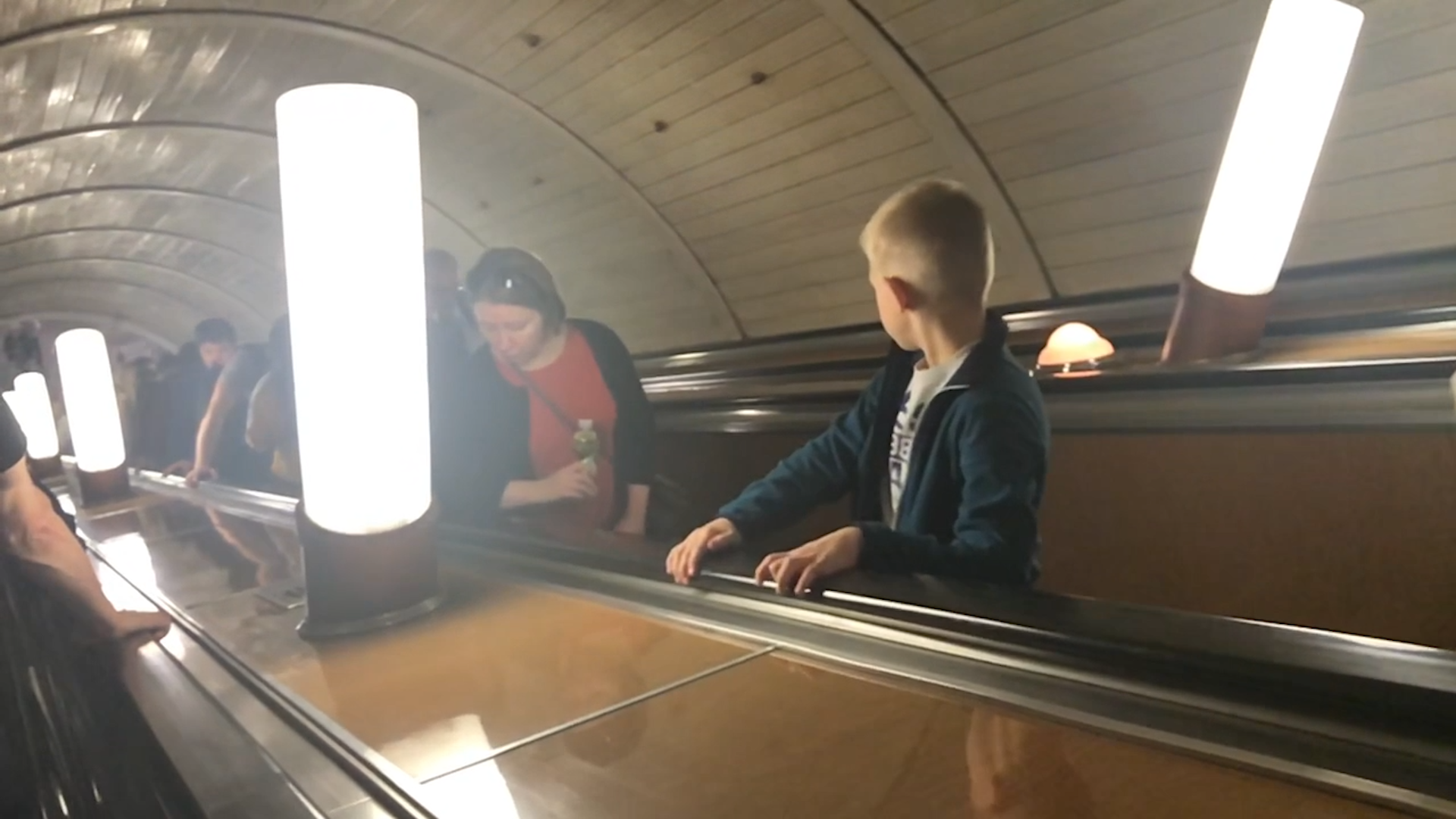
After Scarcity (film still), 2018
There are so many threads that I really want to pull at here but I want to start with a historical one. I think most people have a basic understanding of some of the fundamental political dogmas of the Soviet Union, but I would imagine that the story of the cyberneticians is somewhat hidden. Was your film an opportunity to bring this history to light in some way?
I would say beyond the Soviet vs. American cold war binarisms, the story of Soviet cybernetics helps deconstruct the essentialist thinking we hold at the present about the “nature” of various technologies. In a way, as Benjamin Peters among other scholars writes, it casts doubt on the narrative that says capitalism is indispensable to the formation of the internet. And so that decentralization is an exclusive advantage of a capitalist market model. But in terms of the political dogmas around the USSR per se, as you mentioned, Soviet cybernetics reveals a very interesting misconception about the centralized state. Again, as Peters writes, the reason that these networking projects failed, was not the rigid centrality of the Soviet state but its informal uncertainty, and the overlayering of corruption in its various ministries and departments. In fact Americans won the internet race because they acted like a socialist system, by bringing the academia, the military, and the industry to work together, while the Soviets acted like atomized capitalists, safeguarding their own interests in whatever these cybernetic networks would bring about.

After Scarcity (film still), 2018
One of the difficulties in trying to understand global political and economic models such as socialism, communism, capitalism, etc, is that very specific historical examples are often used to try and represent said models. For example, the USSR are often used as an example of what a truly communist state looks like, however, as you point out, there were other overlaying facets to the Soviet regime in the USSR, such as state corruption, which alter the reality of the regime itself and move it away from an idealised proposition. Your work is very politically charged and I want to know how important it is for you that your own personal politics appear within your work?
I would say I’m more wary of boiling down political history to a subjective perspective which is the plight of artmaking since the post-modern turn. The well-diagnosed problem with grand narratives led artists to a position of endless self-reflectivity, to the point that any stance or position on real-world events (ones that indeed involve real struggles, suffering and violence for others) turned into a playground for artists’ perpetual introversion and reflection on their own position in the world. It is in fact a new narcissistic paradigm for art. So in this sense taking a clear position, as vulnerable as that makes one be, and as susceptible to change as it is, is more important in our age and time than what I described above as interriorizing critique. On the other hand, as research-based artists we can’t fool ourselves that we are inventing the wheel when our work is constantly extracting from specialized disciplines. I think referencing the lineage of your thoughts as an artist is very important and I try to cite my resources as explicitly as possible so as to draw the audience to look deeper into the people I’m indebted to.
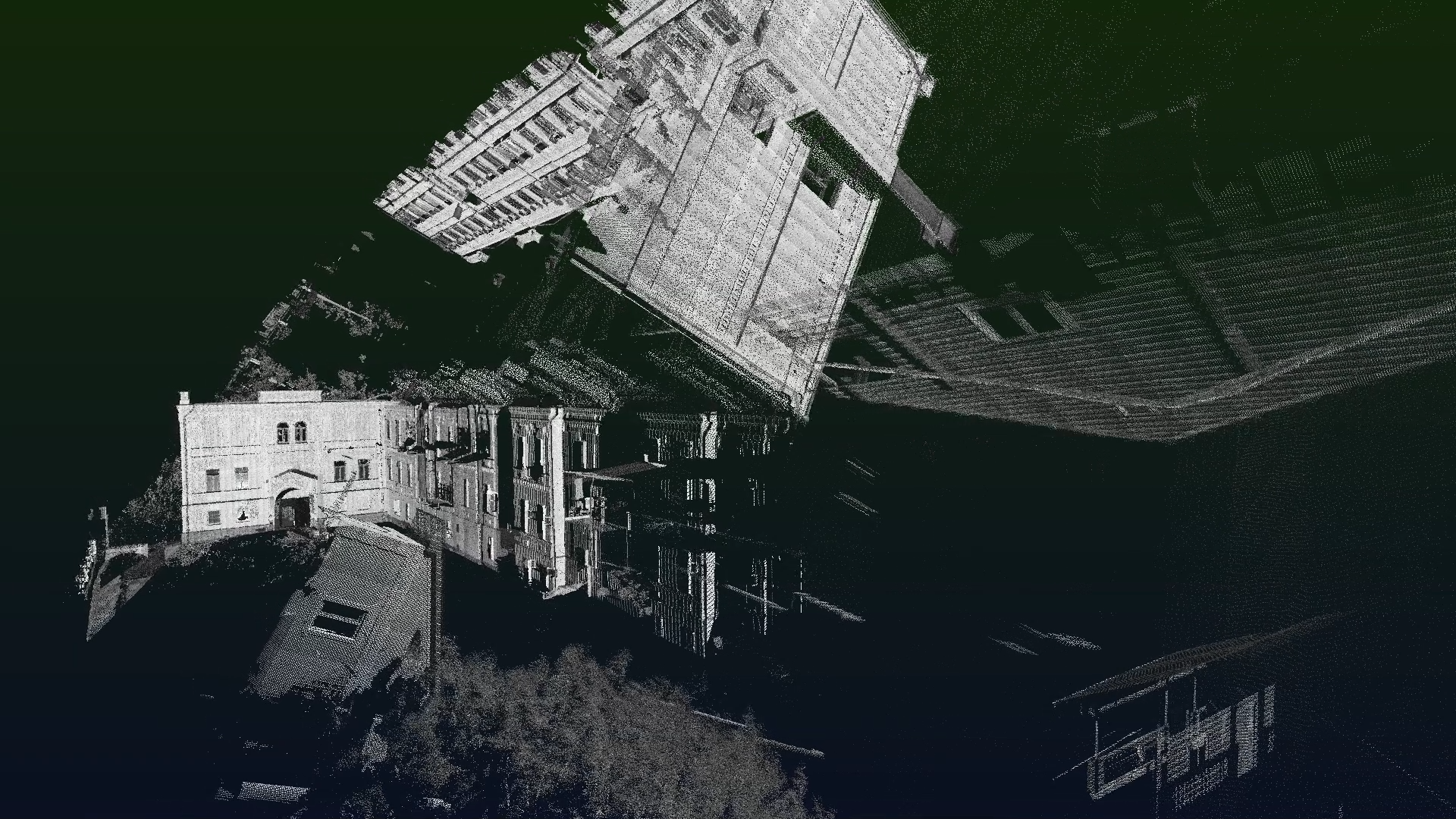
After Scarcity (film still), 2018
I appreciate your honesty and as you say, the position that you are taking can be one of heightened vulnerability.
I wanted to talk a little more about your show Hashish, Time, Cybernetics that you presented last year at Narrative Projects, London. The show included two films, one of which was After Scarcity from 2018, which we have talked about, but it also included the work Ultima Ratio Δ Mountain of the Sun from 2017. I was wondering if you are able to talk a little more about that work and it's relationship with After Scarcity?
In the three years that I was living in Beirut I was following a research on narcotics and particularly Hashish production in Lebanon and the region. Hashish has been a primary currency of war in that area. Narcotics and other drugs allowed the exchange of artillery and weaponry to remain liquid between different sects participating in the Lebanese civil wars all the way to the current situation in Syria. But also on a more abstracted sense, hashish as a currency or a form of mediation has been extensively discussed in the history of philosophy, from Baudelaire to Walter Benjamin, etc. many have been taking hashish as a substance that somehow transcends the limits of phenomenological experience: So it both becomes a means for transaction (in the war) and philosophical transcendence.
The premise of the video was a little speculative exercise: Imagining the moment when reason is fully transferred to the machine and the machine aims to make a documentary about our history, so the history of humanity at the limits. And this would be the first ever “objective documentary” because it’s not made by us. How would the machine see us, and how would we see how the machine sees us?
This relation between hashish as a primordial technology--if we think of technology as something that helps transcend our bodies--and the documentary form also as a project of extending outside our subjective frames of mind became central to conceiving the video. Hashish as that first primitive technology, and this speculative final documentary made by the rational super-machine as the last technology, and so the work of the video is to recount what comes in between.
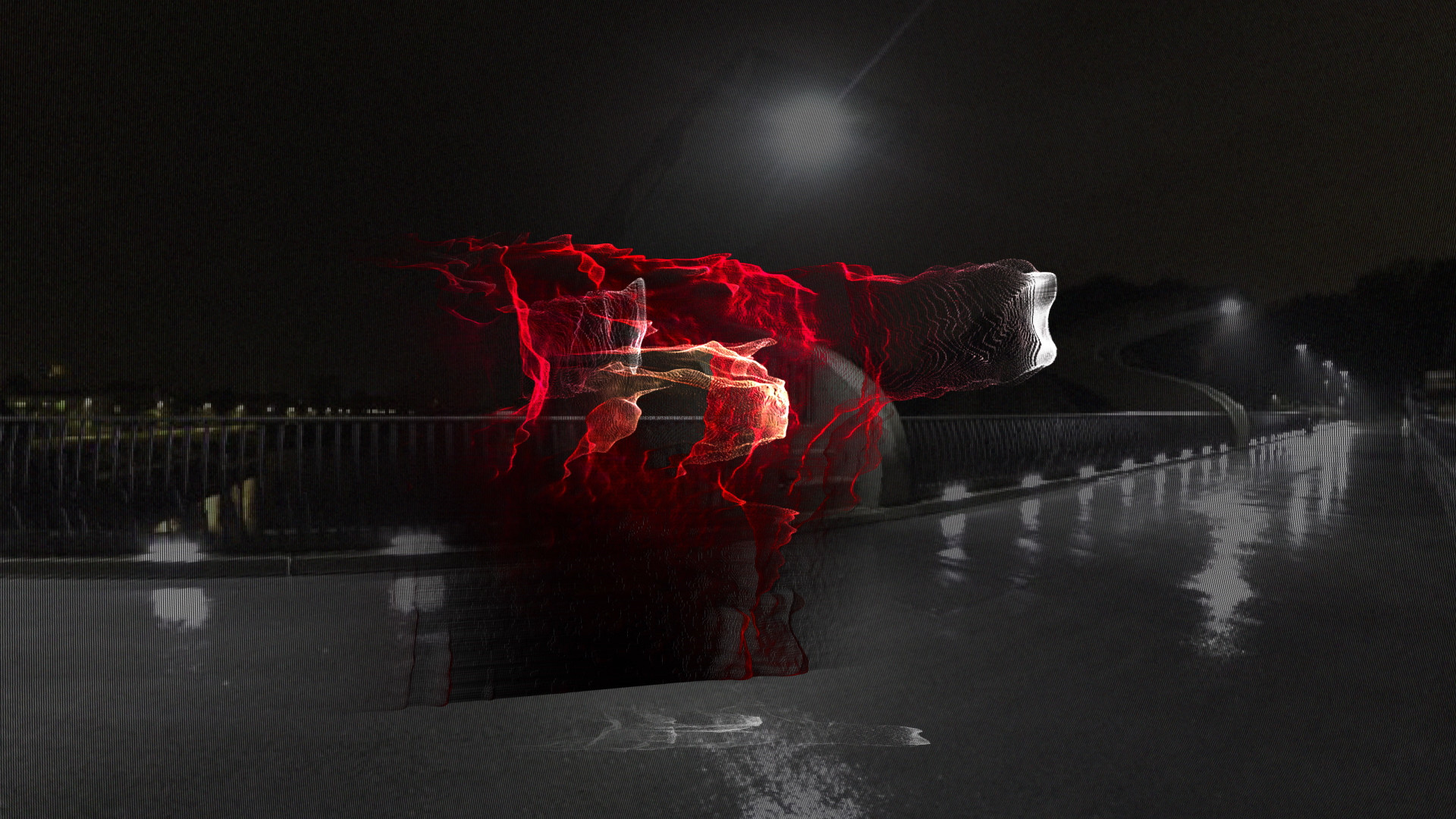
Ultima Ratio Δ Mountain of the Sun (film still), 2017
The way you describe the work pulls me back to the conversation between the position of our 'objective' and 'subjective' experience of the world. It also makes me think of a third space, one of 'intersubjectivity', which Yuval Noah Harari describes as being experienced by "entities dependent on communication among many humans rather than on the beliefs and feelings of individual humans".

Ultima Ratio Δ Mountain of the Sun (film still), 2017
What I find interesting about your approach is that you consider the overarcing systems of organisation and governance, whilst maintaining elements of the human experience. When you talk about Hashish, you are describing a process of exchange, treating it as a currency that feels like an 'objective' reality. Whereas the philosophical conversations that relate to Hashish seem to situate themselves within a 'subjective' reality.
A lot of your work is rooted in 'place' and the specific context of an area. I was wondering what your thoughts are on the current pandemic and how you anticipate it impacting your approach to making work, especially as being situated in different contexts may prove more difficult for the foreseeable future?
I think having a grounded, historically-situated research is not in conflict with being physically absent in a particular context. Of course there’s an additional value that may arrive from first-hand observation but it might as well be healthier not to privilege personal experience over extended and in-depth analysis that previous socio-political research by other people offers. I think this is also where “collaboration” becomes key. Like I said before, to accept that artists don’t have all the answers to all the problems (and may not even have a clear idea of the specificity of structural problems), we need to work with researchers, scholars, theorists who have specialized grounded work in different areas and build ethical cooperative strategies for blending their insight with our artistic framework. The idea of artistic research is still very vague within the field, but what we need to be cautious of is not to allow this fundamental ambiguity to give a free-pass to shallow, personal opinions. In this sense I don’t think the pandemic is going to change much for research-based work. There’s so much digging into the past that’s left to be done. Sometimes art’s residency model obscures the fact that artists traveling around is not de facto leading to substantial research.

Ultima Ratio Δ Mountain of the Sun (film still), 2017
I like that approach and it feels refreshing to hear your perspective on establishing a more extensive and deep-rooted form of research that prioritises collaboration.
Touching on that, it is obviously important to you and your work that you can spend a considerable amount of time reading, researching and collaborating with others who come from informed perspectives. Usually processes like this take time and often move slowly, which is sometimes in contrast with the fast moving arts sector, where rapid production is often prioritised.
I wondered what your opinion and experiences have been in relation to this and how you balance research and production?
This is a very difficult question to answer. The problem of sustaining long-term research programs and in-depth knowledge production is not only specific to art but it really permeates every field of knowledge today, particularly since the privatization of universities has left its full-blown mark on education. We really do need to think about how to maintain modes of knowledge that require long-term, historical engagement than what is usually offered in solution-oriented design and architecture programs. These para-educational models (residencies, design programs, summer schools) by the mere reality of their institutional (in)capacities cannot allow for systemic and historical complexities to germinate into meaningful diagnosis of real world problems.
As for art (and really all the above), again I think a way of thinking about cooperation and collaboration is imperative to sustaining research. Neither one of us on our own in this precarious setup has the mental or material affordance to carry on long-term projects single-handedly. But as you say, simultaneously we should pressure art institutions to slow down this senseless over-production machinery and rechannel those resources into fortifying infrastructural work. It’s definitely easier said than done, especially given the further defunding of art and culture that would be an inevitable outcome of the pandemic.
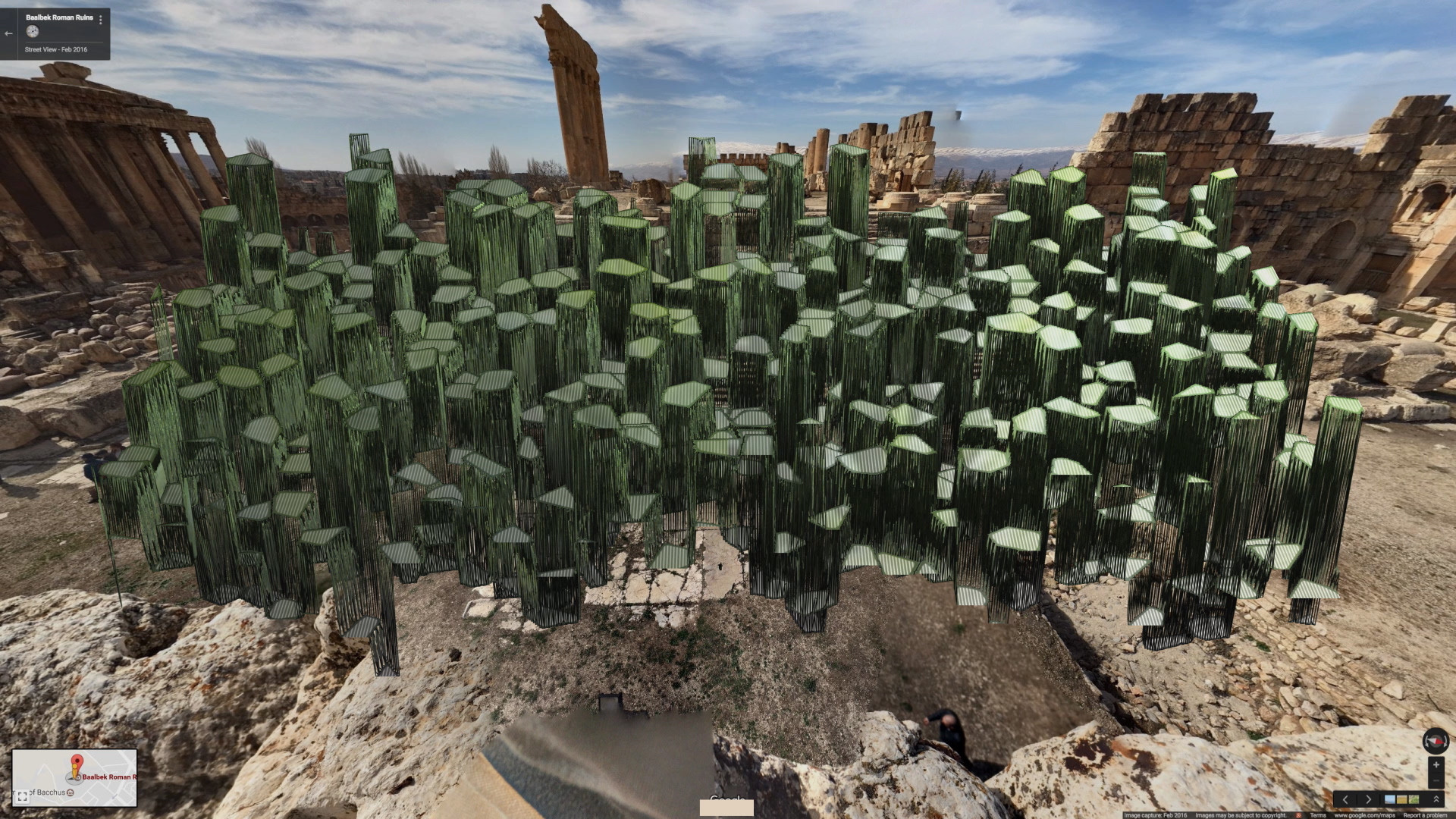
Ultima Ratio Δ Mountain of the Sun (film still), 2017
-
To Watch...
After Scarcity (Trailer)
Ultima Ratio Δ Mountain of the Sun (Excerpt)
-
baharnoorizadeh.com
-
If you like this why not read our interview with Parham Ghalamdar
-
© YAC | Young Artists in Conversation ALL RIGHTS RESERVED
